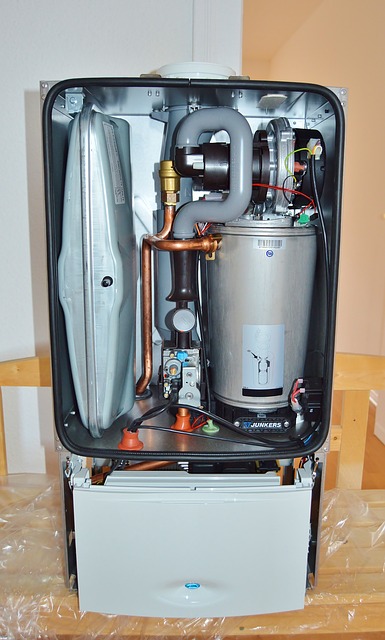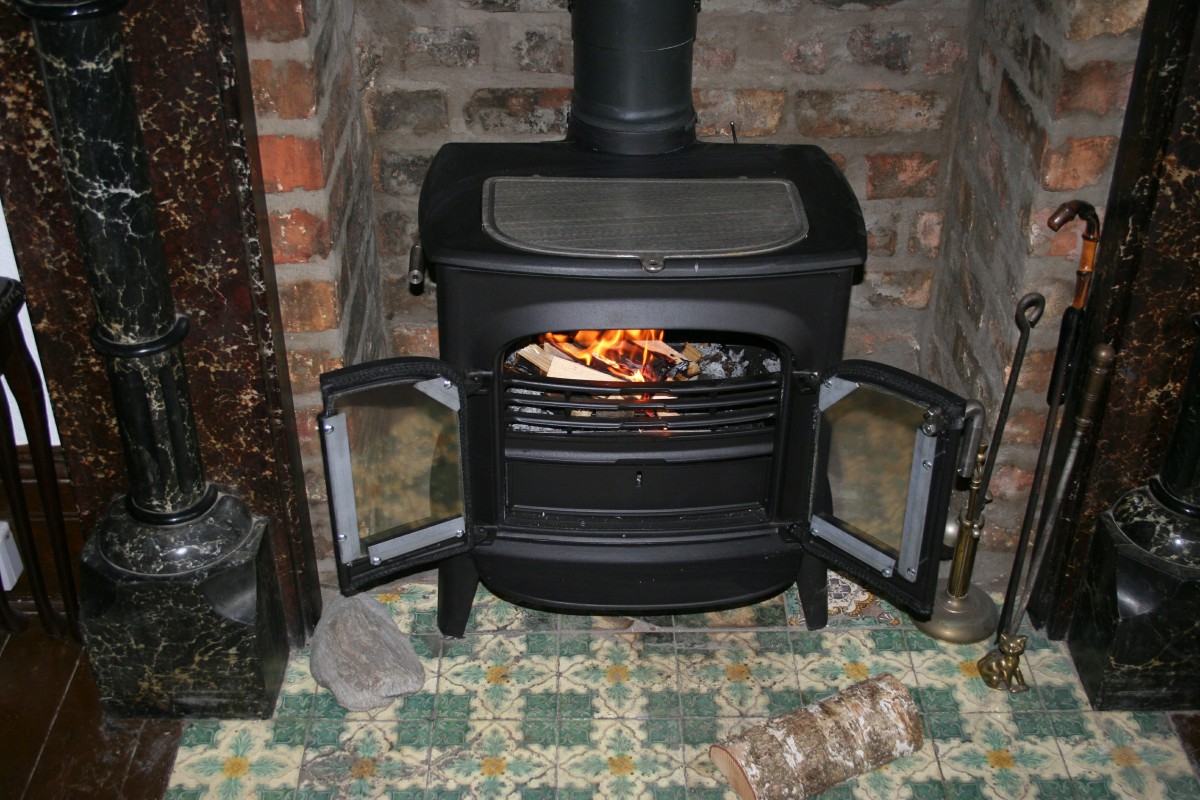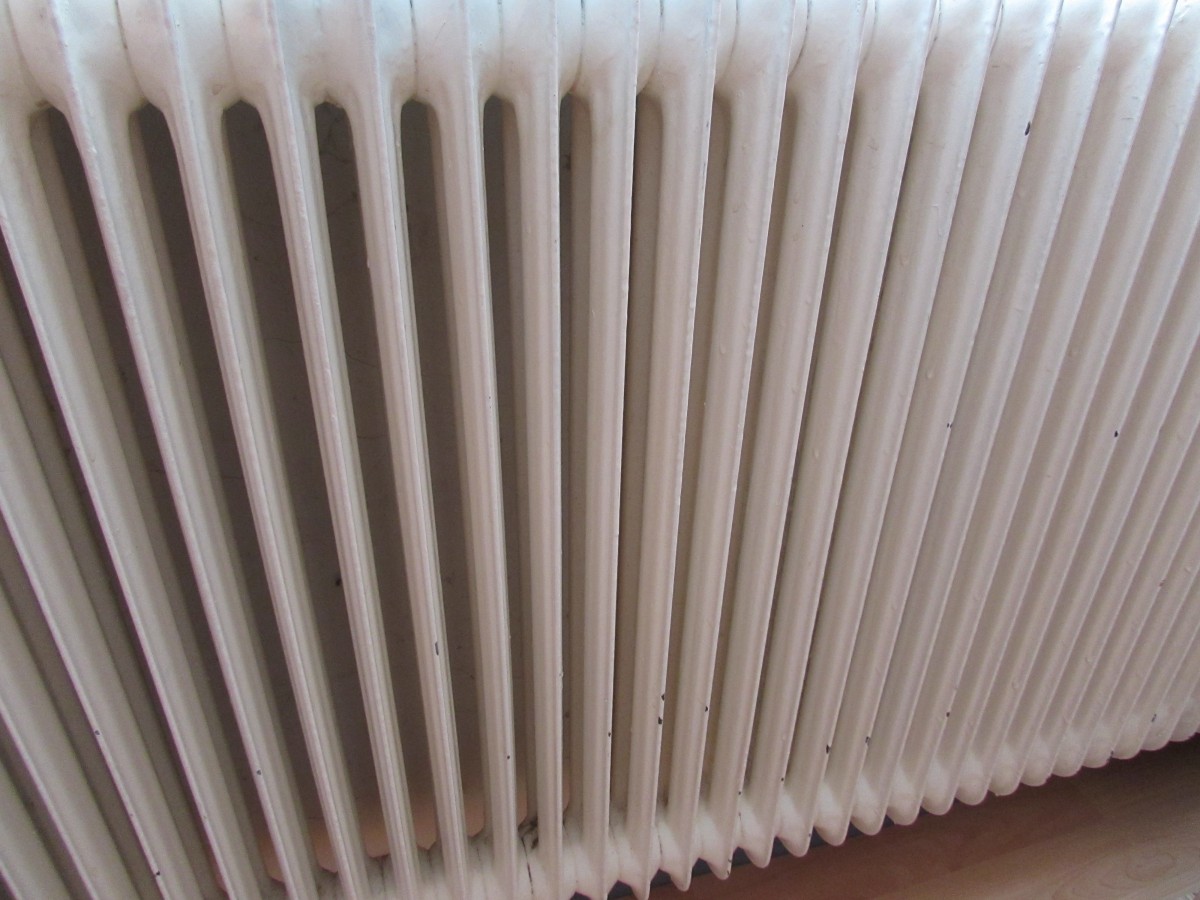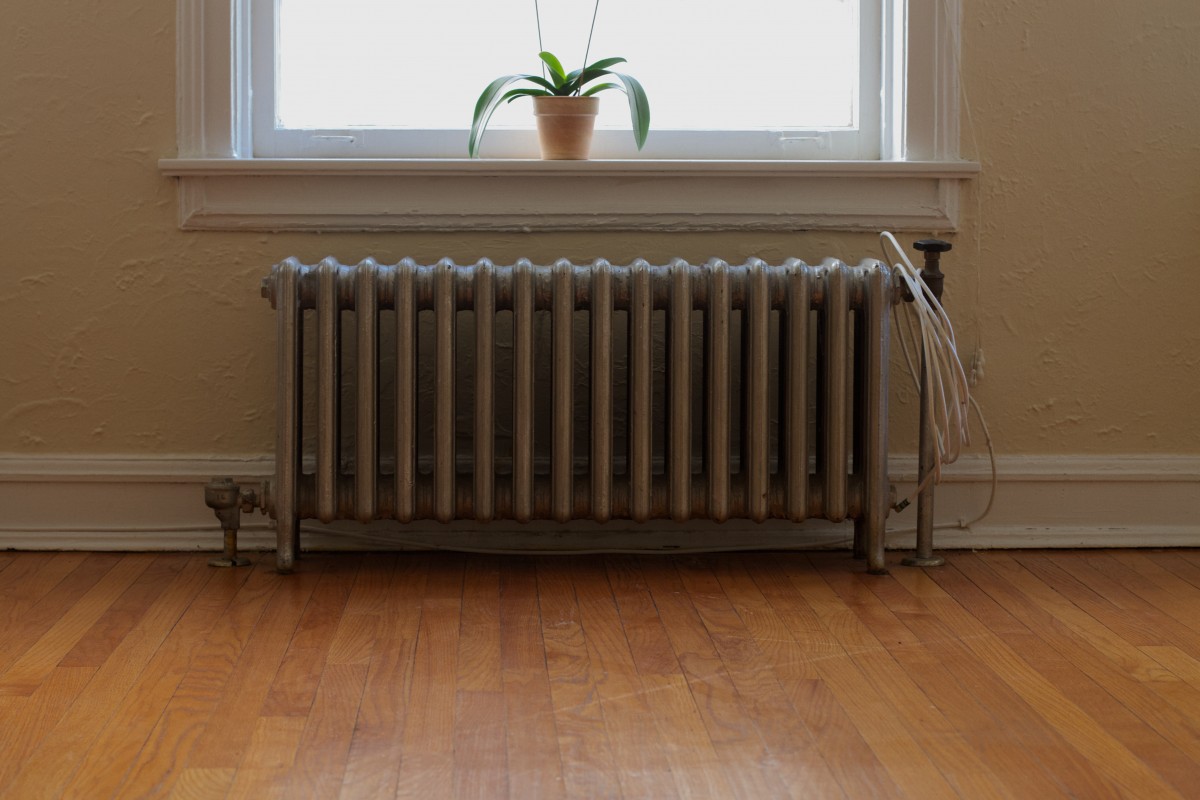Do you need to choose a heating system for your home? This comparison of heaters will guide you in your choice: characteristics, performance, and more…
The leading families of heaters
The heaters can be classified:
– by energy source: wood, gas, oil, electricity;
– by technology: condensing, low temperature, or other.
Heater: which energy to choose?
To effectively compare the different types of heaters, it is essential to understand the characteristics of the various energies that power them.
Natural gas or propane heater
The gas heater is the ideal solution if connected to the city gas network. These heaters offer excellent performance for recent models. The initial investment is affordable; it is less expensive than oil or electricity, even if the price of gas increases. In addition, you will not have to worry about fuel supply.
Propane gas heater

Propane gas heaters have the same performance as natural gas but are less attractive. This is mainly due to the problem of fuel storage and its price. However, propane heaters are still inexpensive to purchase.
Wood heaters

In robust architecture, because economic, ecological, and possibly automatic. The highest yields are achieved with pellet heaters.
Oil-fired heater

Very efficient for large volumes, oil-fired heaters need a tank and, above all, depending on the oil price. The development of condensing heaters, compatible with oil, contributes to maintaining this fuel’s use.
Electric heater

Energy-hungry electric heaters are recommended for supplementary heating, although they are compatible with all types of central heating (water radiators or underfloor heating). They do not require any evacuation.
Combination heater
Combination heaters use and combine two different sources of energy. The main ones are:
– oil and wood heaters, which combine two separate fireplaces in the same heater, thus diversifying the fuel supply sources;
– gas and solar energy heaters, where the gas is designed to take over from the solar (at night and in winter)
– Wood and solar energy heaters, this heating system works 100% with renewable energy. Efficient, they require a high initial investment.
Which technology to choose?
The choice of heater technology depends primarily on the size of your home and your initial investment.
Condensing heater
High-performance condensing heaters are combustion heaters that recover and use the heat contained in the smoke and water vapors from the combustion products (oil or gas). They work best when coupled with radiators or underfloor heating designed for low temperatures.
Low-temperature heater
The water is heated to a lower temperature in a low-temperature heater than in standard systems (55 vs. 90°C). Therefore, they are more fuel-efficient (oil or gas), sometimes by as much as 15%, but they need radiators and underfloor heating designed for low temperatures to make the most of them.
Cogeneration heater
A cogeneration heater is an energy production system with liquid or gas fuel since it produces heat and electricity.
We will come back on the below topics in more detail in our subsequent publications on:
– condensing heaters;
– low-temperature heaters;
– cogeneration heater.
Read more:
– What Does Installing a Gas Heater Involve?
– Floor Standing or Wall Mounted Heater?
– When Should I Replace My Heater?
– When Do You Know It Is Time to Change Your Heater?
– 4 Important Things to Know Before Installing a Water Heater;
– Cleaning the Injector on a Water Heater;
– 4 Steps to Change the Thermocouple of a Water Heater;
– Water Heater Repair: What Tenants Should Know;
Hope the above helps you decide which type of heater is best for you. Remember to share your opinion in the comments below.

